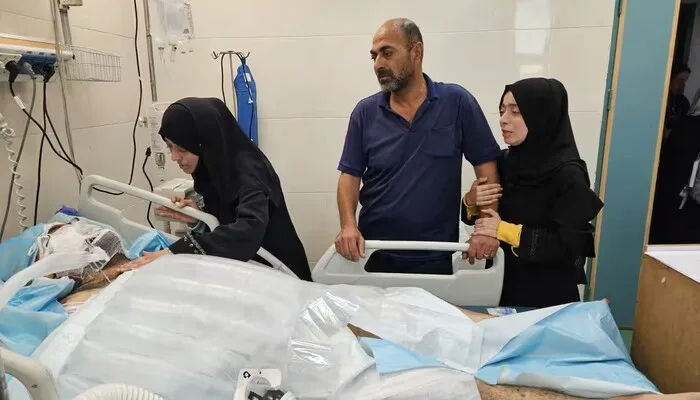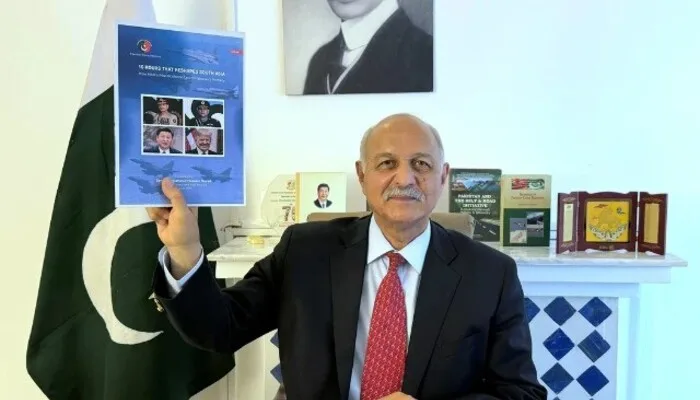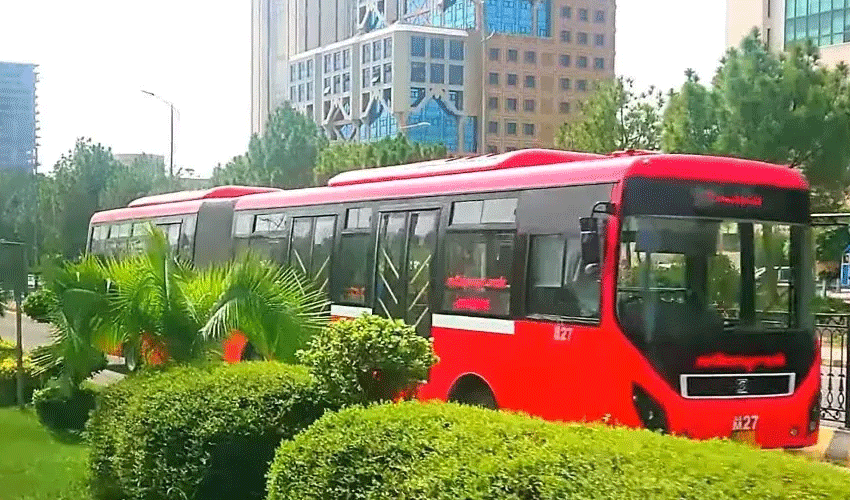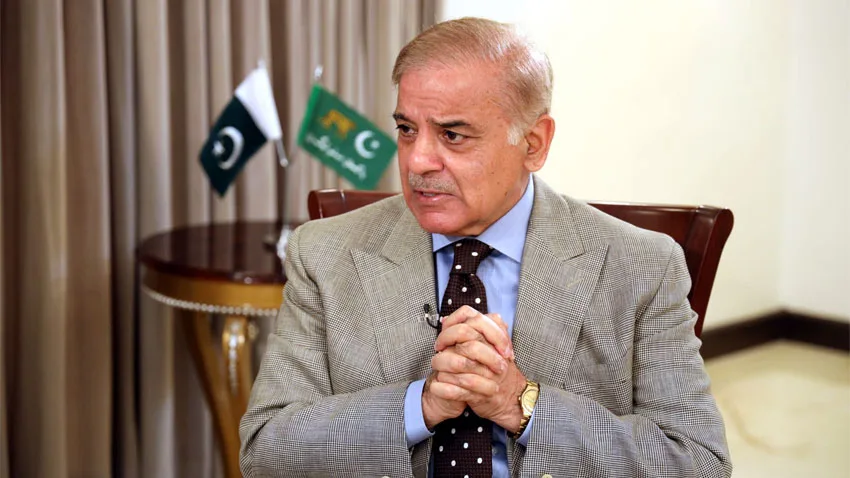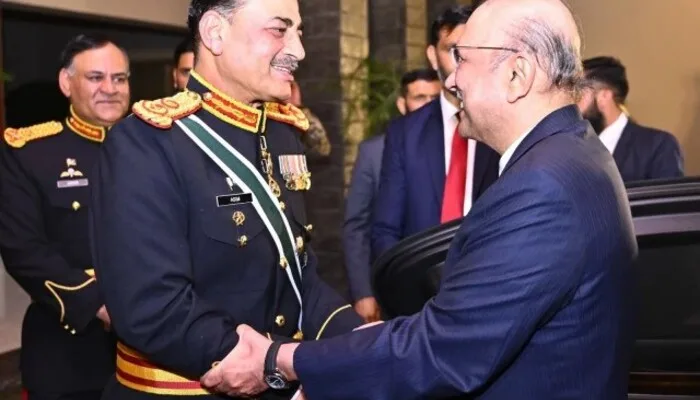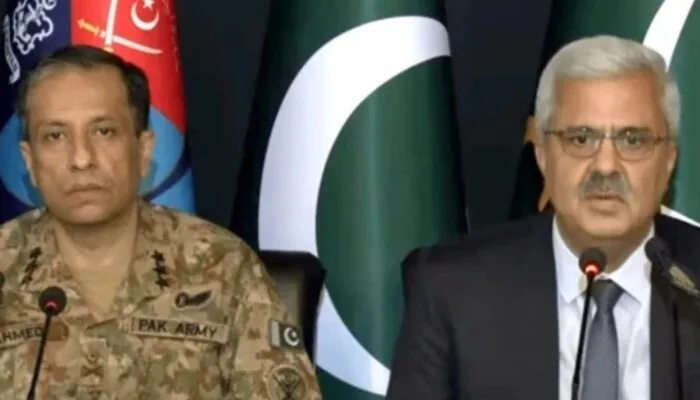
India-backed terrorism once again took center stage as Pakistan’s top civil and military officials blamed India for the deadly Khuzdar school bus attack that killed six children. Addressing a joint press conference in Islamabad, DG ISPR Lt Gen Ahmed Sharif Chaudhry and Interior Secretary Capt (retd) Khurram Muhammad Agha condemned the brutal act and pledged a decisive response.
India Blamed for Targeting Innocents
The officials accused India of orchestrating the May 22 attack through its proxy network “Fitna al-Hindustan.” Agha called the assault a direct attack on Pakistan’s social fabric and values, not just on children. He said the enemy shifted focus to soft targets after failing to hit more secure ones.
Read: Pakistan Warns India Against Provocative Rhetoric
Pattern of Proxy Attacks
Lt Gen Chaudhry outlined India’s two-decade-long involvement in destabilizing Balochistan. He recalled several past incidents, including bombings and attacks on civilians and laborers, linking them to Indian sponsorship. He also presented audio evidence of an Indian officer, Major Sandeep, discussing funding for these attacks.
Advanced Weapons and Foreign Links
The DG ISPR showed images of terrorists killed in recent operations, equipped with sniper rifles and night-vision gear. He questioned how such advanced arms reached these militants, pointing to Indian support. He further criticized Indian media for celebrating attacks and spreading propaganda.
Balochistan’s Growth Threatens Terrorists
Chaudhry highlighted Balochistan’s development—new roads, hospitals, and the Gwadar airport—as reasons terrorists target the region. He said over 73,000 Baloch students now study on scholarships, a sign of national unity and progress that India’s proxies seek to disrupt.
Pakistan’s Response and Resolve
More than 200 terrorists have been eliminated this year alone, said Chaudhry. He stressed Pakistan’s ongoing efforts to shut down illegal funding routes and continue intelligence-based operations with minimal civilian impact.
In closing, he warned that Pakistan will defend its sovereignty and water rights under the Indus Waters Treaty. He added that peace in the region remains tied to resolving the Kashmir dispute, and India must recognize Pakistan’s determination to resist aggression.
Follow us on Google News, Instagram, YouTube, Facebook,Whats App, and TikTok for latest updates



